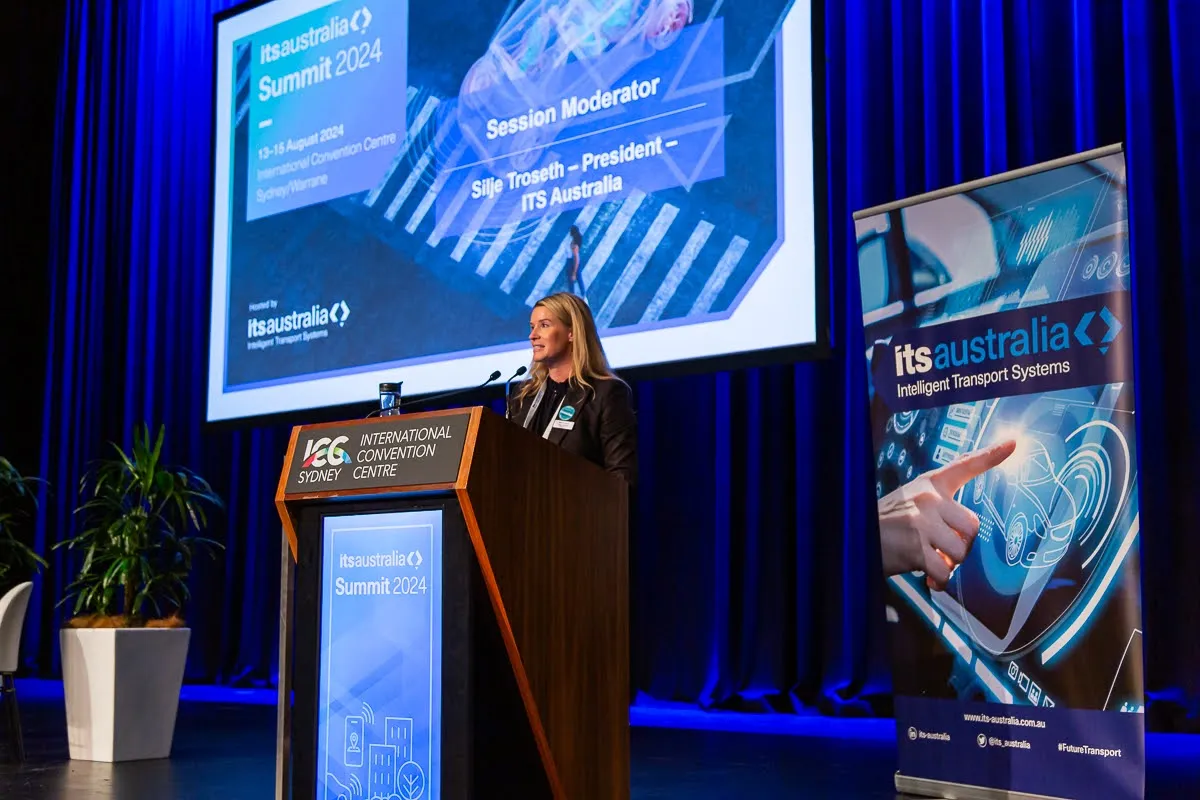Recent statements by the Australian Productivity Commission and the Australian Competition and Consumer Commission encouraging the exploration of intelligent transport systems (ITS) technologies to tackle transport challenges have been warmly welcomed by
The Productivity Commission inquiry Report on Public Infrastructure recommended that the Australian Government actively encourage State and Territory Governments to undertake pilot studies on the use of vehicle telematics for distance and location road charging for cars and other light vehicles.
The Australian Competition and Consumer Commission (ACCC) recommended that congestion pricing should be on the table in any debate over further economic reform. The ACCC believes that unlike other parts of the economy, the prices paid by road users do not reflect the economic cost of using roads.
ITS Australia chief executive officer Susan Harris said that ITS can now support a much more sophisticated approach to charging for road use, which is more closely matched to actual usage.
“Traditional approaches of registration fees and fuel excise have worked to a point, but we now have the technology to support a fairer, more sophisticated approach that will deliver community safety and efficiency benefits,” she said.
“ITS can also increase the productivity of roads. Existing roads in Australia now carry more traffic than ever with the aid of electronic traffic management systems. This is thanks to systems such as ramp metering, variable speed signs, ramp signals, traffic light coordination, in-car GPS and others.
“When new roads are built, ITS tools built into the new infrastructure maximise the return on the community’s investment. By better managing traffic, these systems also make roads safer,” Harris continued.
The Productivity Commission said that more direct charging of light vehicles has the potential to provide a better road system for motorists, if combined with reforms that hypothecate the revenue to road provision as a price for a service.
The Commission considers that the best way forward is for the State and Territory Governments to use the opportunity created by developments in vehicle telematics to trial direct charging for light vehicles across their road networks.
The report recommends report that the Australian Government should offer to partly fund these pilot studies and work with the States and Territories to address privacy concerns and share lessons from the trials and overseas experience. It also recommends that motorists are directly involved via roads and motorists associations.
“ITS Australia welcomes the Productivity Commission and the ACCC recommendations to support the use of technology to more effectively manage congestion and road user charging. We now have access to proven, low cost technologies to support distance and location based charging. The move to distance and location based charging provides a framework to increase both the safety and efficiency of our road network,” said Harris.
ITS Australia welcomes APC and ACCC statements on ITS
Recent statements by the Australian Productivity Commission and the Australian Competition and Consumer Commission encouraging the exploration of intelligent transport systems (ITS) technologies to tackle transport challenges have been warmly welcomed by ITS Australia.
August 13, 2014
Read time: 3 mins










